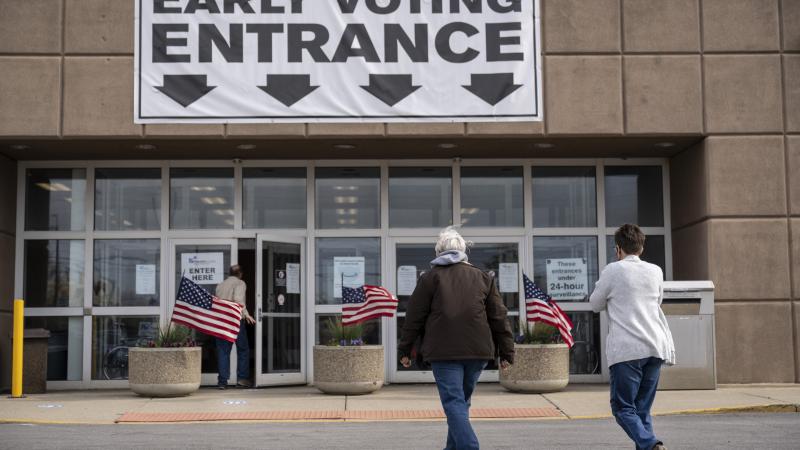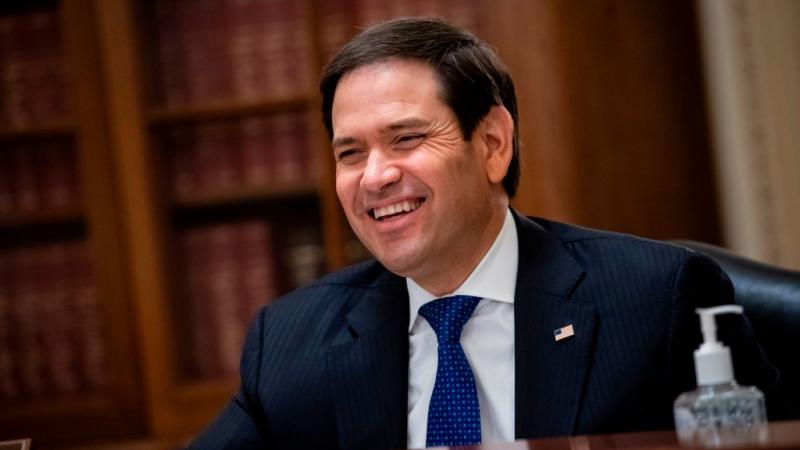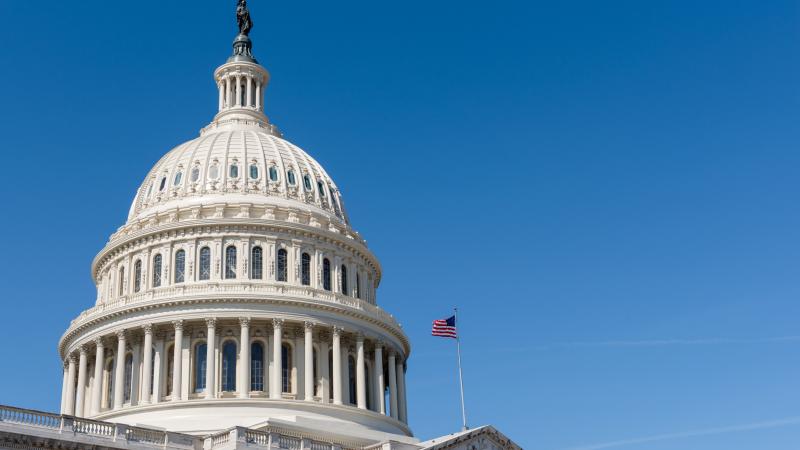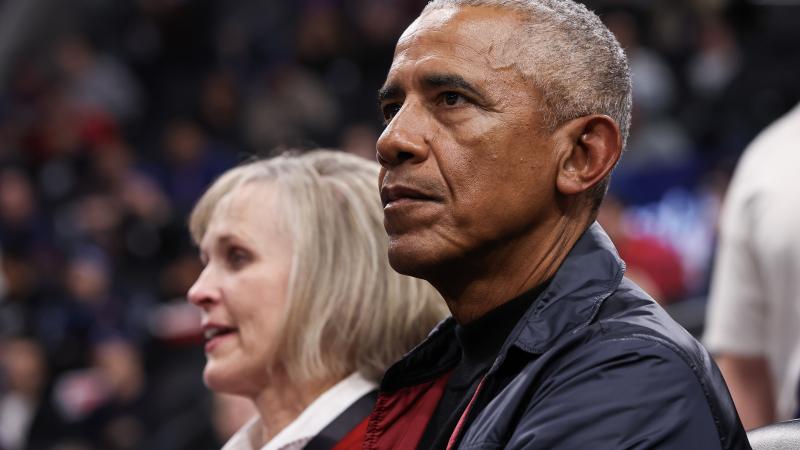As states grapple with election integrity, two new congressmen aim to outlaw ranked-choice voting
Rep. Abe Hamadeh said ranked-choice voting is pushed by corporate interests and confuses voters.
Rep. Abe Hamadeh, R-Ariz., is joining forces with a fellow freshman lawmaker to renew efforts in Congress to outlaw ranked-choice voting nationwide.
Hamadeh and Rep. Nick Begich, R-Alaska, recently introduced the Preventing Ranked Choice Corruption Act that would amend the Help America Vote Act to ban ranked-choice voting.
The bill pairs Begich, whose state uses ranked-choice voting, with Hamadeh, whose state has chronically dealt with issues of election integrity, and voter trust in ballot counting.
"Ranked-choice voting destroys 'one person, one vote' in our country and some other states have dabbled in it, and it's been disastrous," Hamadeh said on the John Solomon Reports podcast. "We've seen it in Alaska. We see it in Maine. We see this in some municipalities as well."
Under the process of ranked-choice voting, if no candidate receives more than 50% of the vote, then an automatic runoff system is triggered. When voters cast their ballots, they rank each candidate in order of first-to-last.
If no candidate reaches the 50% plus-one vote threshold, then the candidate with the least amount of first-choice votes is eliminated, then second-choice votes from those who voted for the last-place finisher are reallocated among the remaining candidates and tallied – in a process that continues until a candidate receives the majority of the vote.
Hamadeh said that ranked-choice voting is pushed by corporate interests and creates confusion among voters and a lack of transparency for election auditing.
"It also makes auditing elections nearly impossible, because you have to rank the order of the candidates that you support," he said. "So it makes it almost impossible."
Last year, Wyoming Republican Gov. Mark Gordon signed a law banning ranked-choice voting in the Cowboy State.
“Partisan and nonpartisan candidates who receive the largest number of votes for each office to be filled at the general election are elected,” the enacted bill reads. "Nothing in this election code shall be deemed to authorize any election in Wyoming to be conducted through ranked-choice voting.
So far, 13 states have banned ranked-choice voting across the U.S.
In 2023, Wisconsin Republican Rep. Bryan Steil introduced the American Confidence in Elections Act, which would ban ranked-choice voting in Washington, D.C. Residents of the nation's capital voted to adopt ranked-choice-voting in 2024.
President Donald Trump has called ranked-choice voting a "rigged" system in the past.
“You never know who won in ranked choice," Trump said during a rally in 2022. "You could be in third place and they announce that you won the election. It's a total rigged deal. Just like a lot of other things in this country.”
Hamadeh called the system a "voting scheme."
"We can't have some senators [and] some congressmen being able to get into Washington using this voting scheme," he said. "So we have to just go back to what people understand, so simply that your vote should count equally."
Begich said he introduced the legislation with Hamadeh because the "nation does not need more uncertainty and confusion injected into the federal election process.
"Experiments with our national election systems risk disenfranchisement of voters and lead to outcomes that do not represent the true will of the American people," he added.















